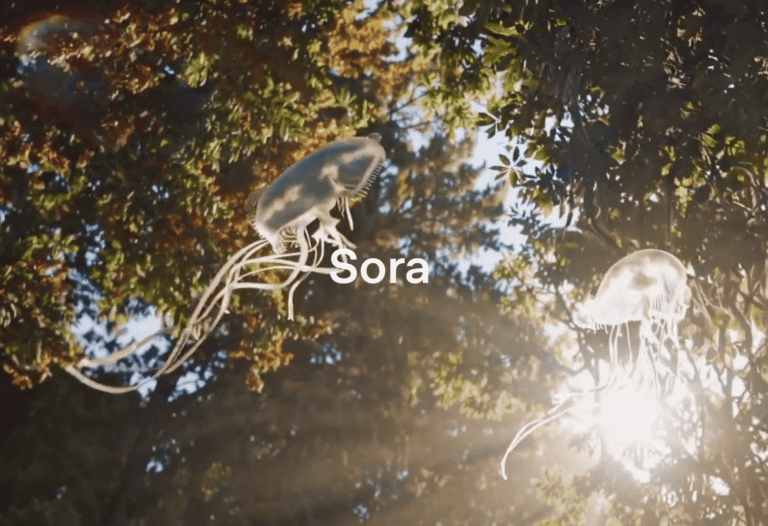The video generator Sora has been made available by OpenAI in the European Union, the United Kingdom and surrounding EEA countries. That’s more than two months after the U.S. release. Does it matter?
Because of EU regulations, Sora’s release had been delayed for Europe and surrounding jurisdictions. This is more often the case, although the regulatory implications vary. For example, Meta AI is still not available in Europe a year and a half since it was first released, while Google waited four months to roll out its ChatGPT competitor Bard (now Gemini) back in 2023.
Sora: no different from before
The EU version of the video generator Sora itself appears to be entirely in line with what OpenAI promised and what users in the U.S. and elsewhere have already experienced. With simple prompts, videos can be generated for paying users. Those on more expensive ChatGPT plans get access to higher resolutions, longer videos, and more video generations. All kinds of prompts are deemed acceptable, but the tool refuses to generate sensitive material. In principle, this is not very different from how the large language models behind ChatGPT are safeguarded.
High risk, but not high latency
For the AI Act, all AI systems available in Europe are assigned to a risk category. Higher risk comes with stricter rules attached. This should protect EU residents from high-risk systems. The technology behind Sora carries all kinds of risks, such as generating fake news or deepfakes. However, it is uncertain whether it is the AI Act that is causing problems. For example, the delay in releasing Apple Intelligence in Europe was due to the Digital Markets Act, Apple said in June 2024.
Meta-CEO Mark Zuckerberg is an outspoken opponent of “preemptive regulation” because of “theoretical dangers.” Along with Spotify CEO Daniel Ek, he explained this at length last August. OpenAI’s release of Sora in the U.S. allowed for similar noises to be heard. Whether it is so easy to talk about “overregulation,” at least regarding video generation is questionable. After all, what has Europe lost with this additional regulation? Two months without Sora seem surmountable.
What is debatable, however, is the effect on European AI parties. After all, they must comply with the restrictive legislation before launching their products in the first place. Therein lies another definite disadvantage for European players looking to build their own Sora alternative and release it quickly.
Also read: OpenAI announces GPT-4.5, its latest model to power ChatGPT
